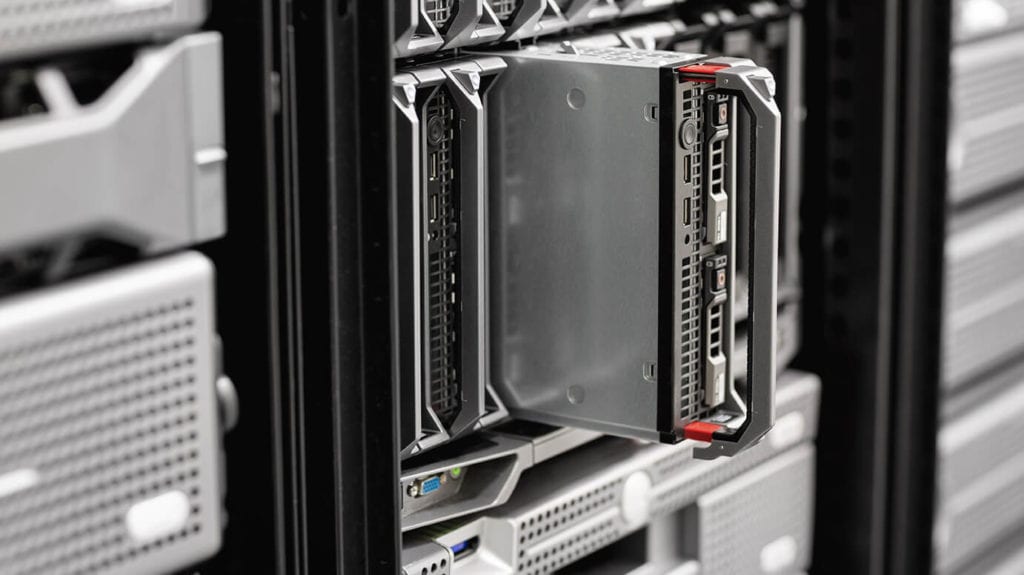Firstly, what even is an SSD server, and why do you need it for your website? Let’s start with the name. SSD stands for Solid State Drives. This is an ultra-fast server that provides unmatched efficiency and site speed when compared to HDDs, or Hard Disk Drives. Now let’s discuss why your website needs an SSD Server.
SSDs vs. HDDs
SSDs are quickly taking over HDDs and with good reason, as they use less electricity and run cooler in addition to their incredible, high-speed performance. On average, SSDs consume between 2 and 5 watts, while HDDs consume between 6 and 15 watts. That wattage gap can make a huge difference! SSDs also allow for much quicker data access, enabling you to backup your data 3-5 times faster.
While HDDs are subject to technical issues like fragmenting, which is when discs become crowded with data and the read/write heads must access multiple servers, SSDs never experience this because read/write operations access cells simultaneously.
SSDs = Reliability
SSDs are known for their reliability since they use semiconductor chips to store data and have no moving parts. On the other hand, HDDs are filled with moving parts. SSDs are 4-10x more reliable than HDDs, with a failure rate of less than 0.5%.
SSDs are the best option for high-performance processing and are absolutely necessary if you have an e-commerce website or any site that experiences regular web traffic. They also have a much greater capacity than HDDs and work with software-based encryption.
You want to ensure that your website is hosted with a provider that uses SSD servers. They are faster, better designed, and can withstand the wear and tear that is inevitable with site traffic. Give yourself the peace of mind of knowing that your site is secure, speedy, and reliable, and make sure that your investment in your website will meet your long-term needs.
Still not sure whether your site is on an SSD server? Contact us today at info@nicklausmarketing.com to learn more!



